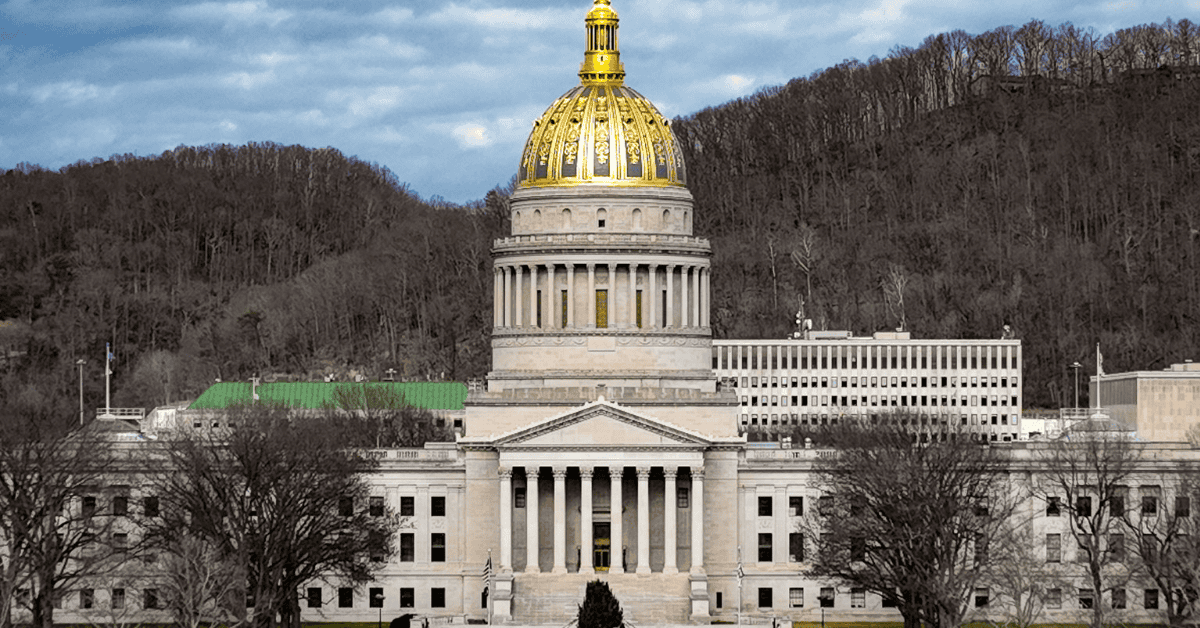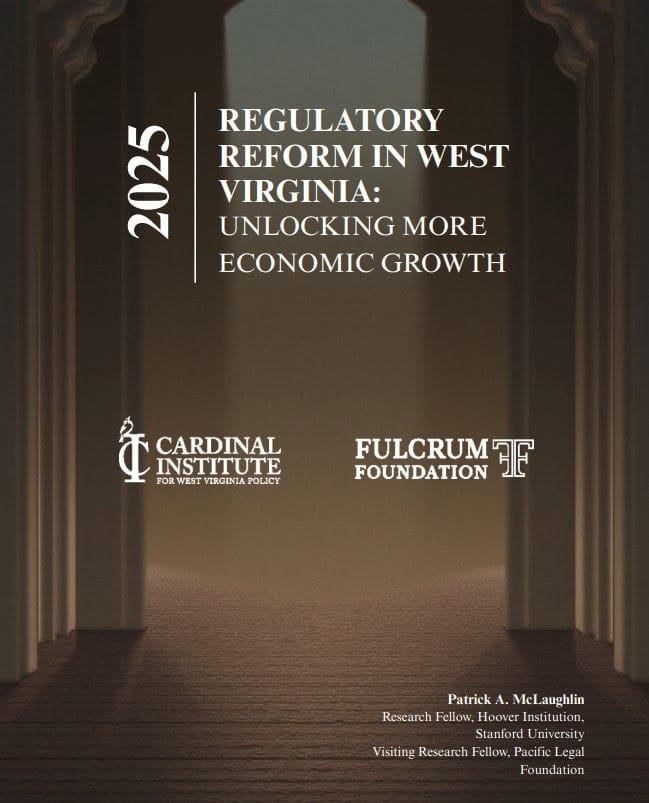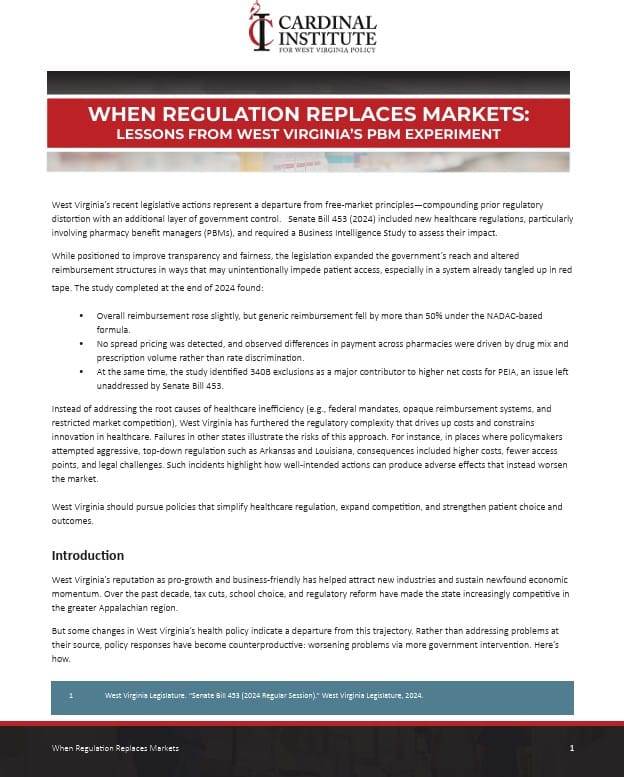
One Big Beautiful Opportunity to Reconnect West Virginians with Stable Work
One Big Beautiful Bill is One Big Beautiful Opportunity to Reconnect West Virginians with Stable Work
On July 4, President Donald Trump signed the latest congressional reconciliation package, known colloquially as the One Big Beautiful Bill Act (OBBB), a sweeping package of federal budget measures including extension of the 2017 tax cuts, spending cuts and federal program reductions, and increased national defense spending into law.
For West Virginia, some of the most significant provisions include the reforms to the nation’s two largest safety net programs, Medicaid and the Supplemental Nutrition Assistance Program (SNAP). For a state where roughly 1 in 6 residents are below the poverty line, nearly 1 in 5 use SNAP, and more than 1 in 3 rely on Medicaid, these will have an outsized impact. The changes to Medicaid and SNAP impose new responsibilities and costs in the form of work requirements, more frequent checks to confirm program eligibility, and a combination of oversight and incentive to reduce waste and fraud in the programs.
While these reforms pose new administrative challenges for the state to overcome, they also present new opportunities for West Virginia to transform fragmented safety net and workforce assistance programs into an integrated system that meets people where they are, works with them holistically, and puts them on a pathway to upward economic mobility and self-sufficiency.
Medicaid work requirements apply to able-bodied adults ages 19-65 in the expansion population, excluding certain vulnerable groups. SNAP rule are similar but apply to able-bodied adults without dependents ages 18-64 and those with dependents ages 14 and over, removing exemptions for veterans, homeless, and aged-out foster youth. In both programs, beneficiaries meet the requirement through work, training, education, or community service for 20 hours weekly.
A 2023 poll conducted by the Cardinal Institute for West Virginia Policy revealed that 78% of West Virginians agreed that non-disabled adults should be required to work or participate in job training programs as a condition of receiving public assistance. The work requirements included in the OBBB align with public sentiment and our own self-image as hardworking people.
In today’s social safety net apparatus, assistance programs operate separate from the other. Medical assistance comes from one agency, food from another, and employment help is yet somewhere else. The similar structure of work requirements for SNAP and Medicaid presents an opportunity to integrate at least the eligibility checks and enforcement processes of these programs. From there, let’s push the logic one step further and bring workforce support services into an integration of SNAP and Medicaid.
Thoughtful integration of these three programs serves multiple purposes. First, it streamlines implementation of the new work requirements across SNAP and Medicaid. Second, it enhances accuracy and fairness in programs as more of the data about participants will be housed together, ensuring that redetermination processes are smoother. Third, integration helps restore the intent of these programs as a temporary helping hand for individuals who have hit a rough patch and reconnects them with stable work on a pathway to self-sufficiency. Taken together, an integration of these programs would better those who need them while preserving resources for those facing the greatest challenges among us.
An integrated model is no fantasy; it’s the way things are done and have been done since 1994 in Utah. The Beehive State’s Department of Workforce Services (DWS) provides the gold-standard for the country in a work-first approach to assisting people who have encountered hard times. When a citizen walks through the doors at DWS, the goal is to reconnect them with a job, or a pathway to it, while providing additional support along the way.
The results speak volumes. From 1994 to 2004, Utah experienced an overall decrease in the percentage of the population using SNAP, while the rest of the country saw an increase. In that same time, Utah experienced a slower decline in labor force participation rate and the fastest economic recovery after the COVID-19 pandemic, marking an unemployment rate of 3.6%.
West Virginians pride themselves on being hardworking, capable people. The new provisions in the OBBB are an opportunity for West Virginia lawmakers and agency leaders to seize the moment and reorganize assistance and workforce programs into an integrated model that improves the customer service experience and more effectively uses taxpayer money in the process. In doing so, every West Virginian will be empowered to rise to, and surpass, our best self-image.








